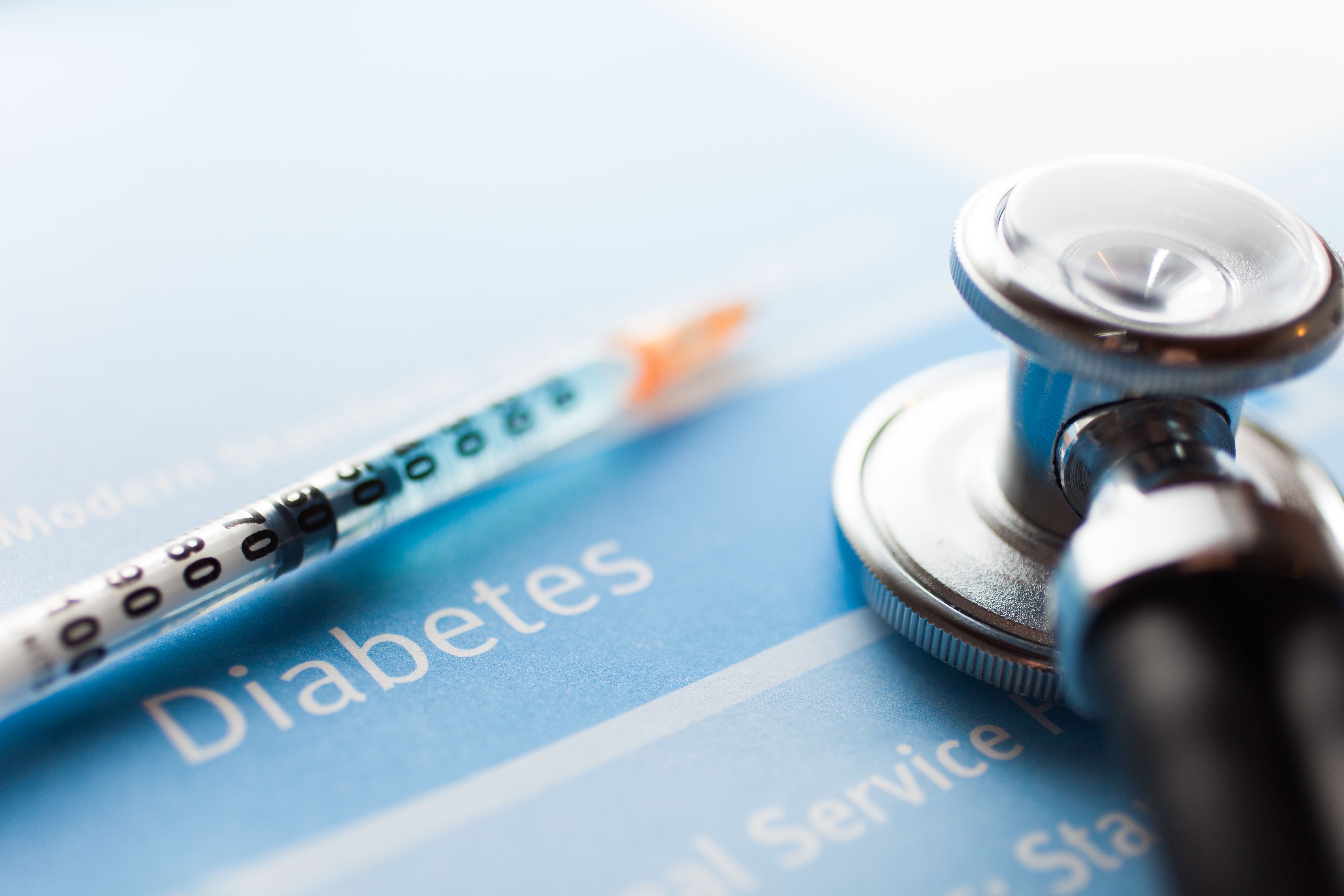Speaking at the American Diabetes Association’s 84th Scientific Session, Mohammed K. Ali, M.D., of Emory University, said he believes the increasing prevalence of diabetes shows how diabetes prevention efforts in the United States are failing.
Image credit: Minerva Studio – stock.adobe.com


According to the CDC’s National Diabetes Statistics Report, diabetes affects 13.2% of Americans, which translates to 38.4 million people. Ali said that both the prevalence of diabetes and the absolute number of people with it have increased by about 30% to 40% over the last 20 years. Of these people, about 29.4 million are actually known to have diabetes, which translates to about 77% of the total.
Additionally, there are approximately 98 million people with prediabetes, but only about 15 million people who know they actually have diabetes.
“Basically what I’m saying is this is sobering,” said Kelly J. Whitaker, a nurse practitioner at AdventHealth Orlando. “As a diabetic, I think a lot of what we’re missing is education and access.”
Whitaker spoke out for her patient. She regularly uses an insulin pump and recently went on a trip. She needed to refill her insulin before she left, but her insurance company wouldn’t allow her to do so, so she bought a pen, which she paid for out of pocket. She said there should be no reason why patients shouldn’t have access to insulin.
“Ultimately, many of these problems, though not all, have to do with our dysfunctional health care system. The system is so flawed that, particularly in states without Medicaid expansion, some people barely have access to insulin, while others who pay $35 or less for insulin have no problem getting GLP-1 or sensors,” said Irving B. Hirsch, MD, of the University of Washington.
Neda Laiterapong, MD, MS, FACP, from the University of Chicago, said education is a big missing piece of the puzzle: It’s proven to be effective but has few funders, so innovative strategies to improve it are needed, but she believes more funding would help exponentially.
Dr. Aaron N. Winn of the University of Illinois at Chicago said insurers are negotiating with pharmacy benefit managers (PBMs) and drug companies.
“They’re saying to each drug company, if you give us a good price, we’ll prioritize your prescription and keep your copay low. But if we don’t like your drug, we’re going to charge you a higher copay and put you through a lot of hoops,” Wynn said. “But at the end of the day, it’s the patient who is really hurting.”
Hirsch said there have been great advances in diabetes treatment, but there are still patients who don’t have enough insulin. He said prescriptions are all about politics. He said every health care provider should lobby their local politicians, lobby their local state legislators, representatives, state senators and governors, and that’s how change happens in this country.
Wynn explained the Inflation Control Act (IRA), which limits insulin copays to $35 for patients with Medicare. Another purpose of the act is to set a cap on patients’ out-of-pocket costs for all prescription drugs, which is expected to decrease over time. Another benefit is that the government can negotiate directly with manufacturers, rather than having PBMs negotiate with them. However, Wynn said there is still work to be done. The IRA only applies to Medicare, not Medicaid or private insurers.
“Medicare has certain classes of drugs that are protected, so they have to cover all drugs within that class. Diabetes is not one of those diseases,” Wynn said.
He added that Medicaid is funded by state governments that have few resources, and that about 10 to 15 years ago a new Hepatitis C drug came on the market but was too expensive for the Medicaid program to purchase. In some states, if state officials bought the drug for everyone, they would end up spending more on the drug in their state budget than they spend on public education.
“With GoFundMe, a lot of the money that’s raised on that site is for medical care and medical expenses, so patients can cover that. We’re not living in a utopia,” Winn said. “If we have to raise money to pay for medical expenses, this is a dystopian health care system…” [I would like] We simply establish national legislation on a realistic amount that people should pay each month for health care.”
reference
Huang ES, Ali MK, Whitaker KJ, Winn AN, Laiteerapong N, Hirsch IB. “Health Policy and Diabetes – How to Improve Population Health from Multiple Perspectives.” Presented at: ADA 84th Scientific Sessions, June 21-24, 2024, Orlando, FL.
